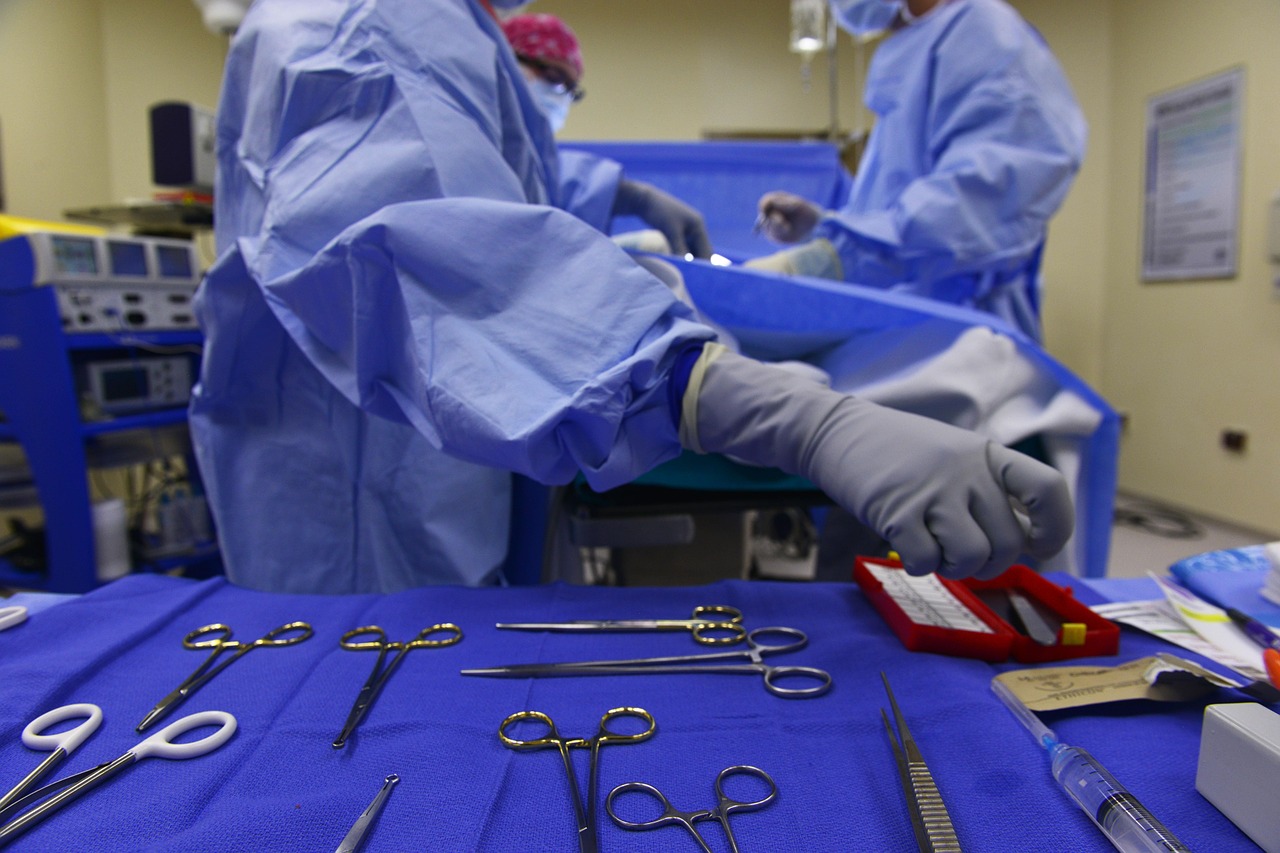An American military sergeant who was severely injured in an IED blast several years ago in Afghanistan is the world’s first-ever recipient of a complete penis and scrotum transplant, according to surgeons at the Johns Hopkins University School of Medicine.
The man, whose identity remains under wraps, is well on his way to recovery and is expected to soon regain his urinary and sexual functions, said transplant team leader Richard Redett. The soldier, however, did not get the testicles from the donor, in order to prevent any ethical problems that may arise if he has children in the future, according to Damon Cooney, also on the transplant team. The testicles would still have contained sperm from the donor, who had just died, USA Today reports.
The donor was unidentified, but the family released a statement thanking the sergeant for his service to the United States, and stating that the donor family had a number of veterans among them.
The statement, read by Alexandra Glazier, president and CEO of New England Donor Services, said,
We are so thankful to say that our loved one would be proud and honored to know he provided such a special gift to you. We hope you can return to better health very soon and we continue to wish you a speedy recovery.
The agency arranged for the donation.
This 14-hour procedure was performed in late March, and was the most extensive among all previous penile transplant attempts, as it involved a lot more tissue than was tried before. The surgeons explained that they did a large skin graft on the soldier’s abdomen, penis and scrotum, and connected three arteries, four veins and two nerves so that there would be blood flow and sensation in the donated tissue.
Redett said that he expects the patient to regain his ability to urinate by later this week, on his discharge. It will take some six months before the nerves regrow enough to restore sexual function, but Redett is optimistic.
Johns Hopkins funded the procedure and hopes to conduct more surgeries of this kind in the future, but emphasizes that it does not intend to use the procedure for gender reassignment.
























